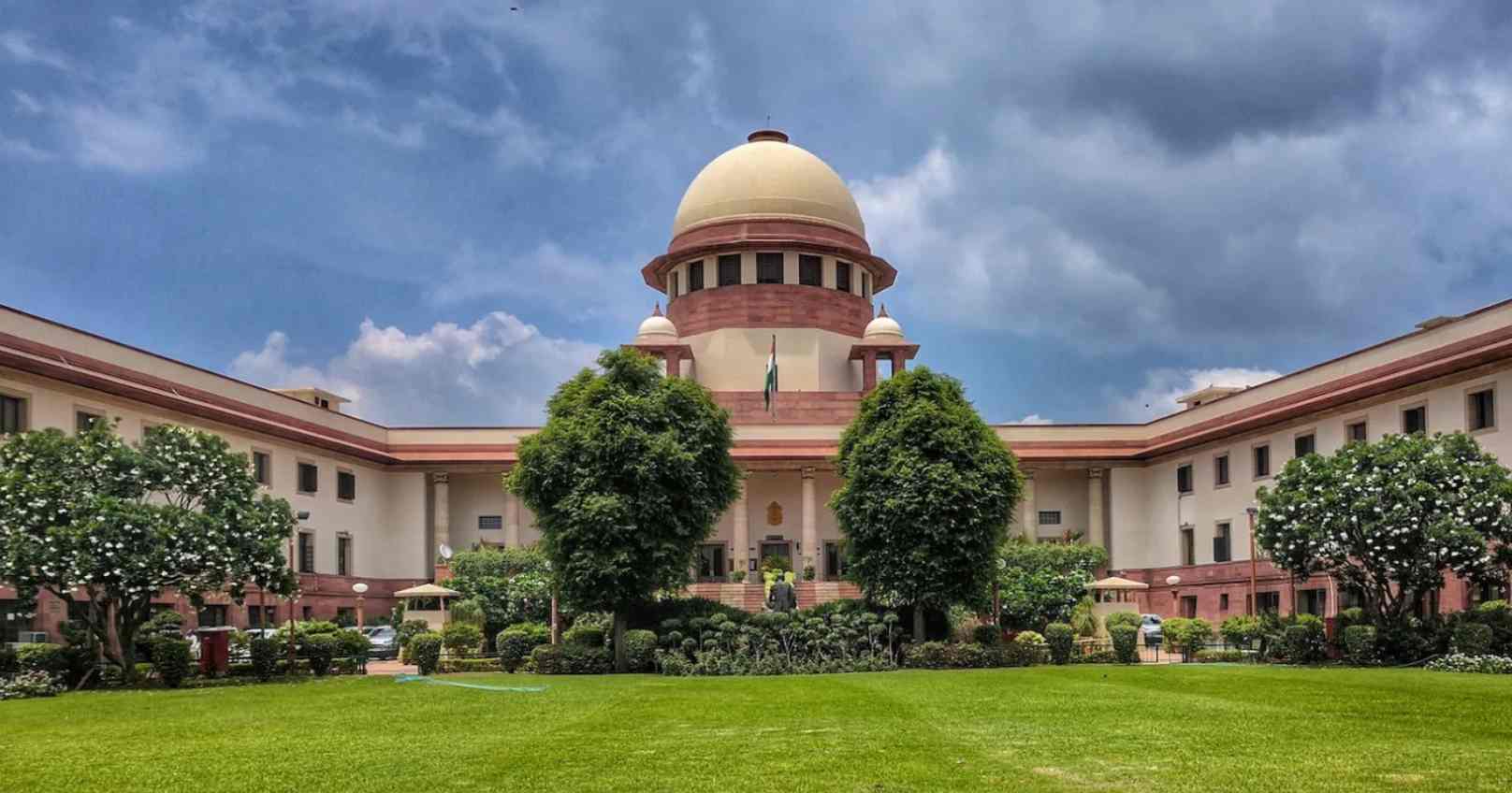The Supreme Court emphasized that Indian married men must recognize their responsibility to financially empower wives who lack independent income, during a hearing on a petition challenging interim maintenance under Section 125 CrPC filed by a Muslim man.
Justices BV Nagarathna and Augustine George Masih dismissed the plea, affirming that maintenance laws apply universally to all women, irrespective of religion. The court underscored the rights of homemakers, noting their daily contributions to family welfare without expecting reciprocation.
Highlighting the need for financial support, the court stated, "An Indian married man must be conscious that he should financially empower his wife, providing for her personal needs and ensuring access to financial resources, possibly through joint bank accounts or ATM cards."
The case involved Mohammed Abdul Samad, contesting a Telangana High Court decision on maintenance, arguing that divorced Muslim women are governed by the Muslim Women (Protection of Rights on Divorce) Act, 1986, not Section 125 of CrPC. The Supreme Court reaffirmed the applicability of Section 125 to all married women and recalled the landmark Shah Bano judgment, which upheld women's right to maintenance beyond the iddat period.
In 1986, the central government passed the Muslim Women (Protection of Rights on Divorce) Act, overturning the Shah Bano ruling amid community backlash. However, subsequent court interpretations have ensured women's entitlement to maintenance under principles of justice and fairness, regardless of personal laws.







